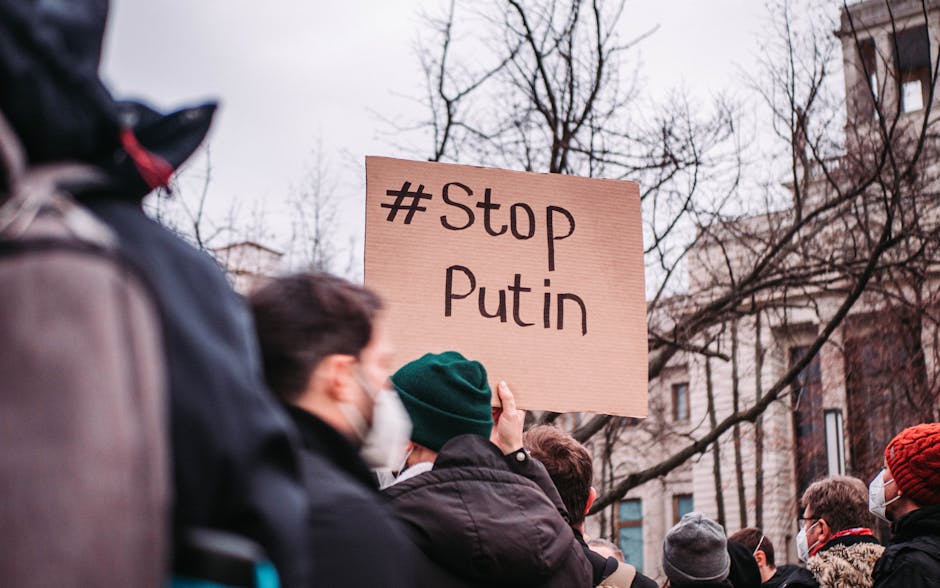In a moment that cut through years of legal battles and a father’s silent grief, the Supreme Court of India delivered more than just a verdict; it offered solace. In a landmark observation, the apex court turned to the father of a deceased Air India co-pilot and declared with profound empathy, “Nobody can blame him for anything.”
This powerful statement marks the culmination of a decade-long fight for dignity by the family of Captain H.S. Ahluwalia, the co-pilot of the ill-fated Air India Express Flight 812. The flight crashed in Mangalore on May 22, 2010, tragically claiming 158 lives in one of India’s worst aviation disasters.
A Father’s Decade-Long Fight for Honour
For over twelve years, Captain Ahluwalia’s father navigated the cold corridors of justice, seeking fair compensation for the loss of his son. However, his battle was not merely for a monetary sum. It was a fight against the shadow of “contributory negligence” that the airline had cast upon his son’s name—a legal tactic often used to reduce liability by suggesting the victim was partially at fault.
The Shadow of the 2010 Mangalore Crash
The 2010 Mangalore crash remains one of India’s most devastating aviation disasters. The aircraft overshot the treacherous ‘tabletop’ runway at Mangalore International Airport and plunged into a ravine. The subsequent investigation pointed to the final call being made by the flight’s commander, Captain Zlatko Glušica.
Despite this, Air India‘s insurers argued that co-pilot Ahluwalia shared responsibility for the crash. On this basis, they claimed his family was not entitled to full compensation, prolonging their anguish.
Supreme Court Dismantles ‘Contributory Negligence‘ Claim
A Supreme Court Bench of Justices D.Y. Chandrachud and A.S. Bopanna systematically dismantled this argument while hearing the family’s appeal. They astutely observed the rigid hierarchy within a cockpit, where a co-pilot is duty-bound to follow the commander’s instructions, especially during the critical landing phase.
The Justices highlighted that the ultimate authority and responsibility rest with the commander. The court reasoned that suggesting a co-pilot should have initiated a mutiny in the final seconds of a flight is to misunderstand the very fabric of aviation protocol. By attempting to pin blame on Captain Ahluwalia, the airline was not just attempting to reduce its financial liability; it was disrespecting the memory of an officer who died in the line of duty.
More Than a Verdict: A Restoration of Dignity
The Supreme Court’s statement, “Nobody can blame him for anything,” transcends its legal implications. It is a balm for a grieving father who had to endure the insinuation that his son was somehow culpable in his own death. It is a restoration of honour, a final clearing of his son’s name by the nation’s highest court.
This ruling sets a crucial precedent, sending a clear message that legal strategies cannot come at the cost of human dignity. Today, a father can finally find peace. While the financial verdict provides closure, the court’s humane words have secured his son’s honour forever.




